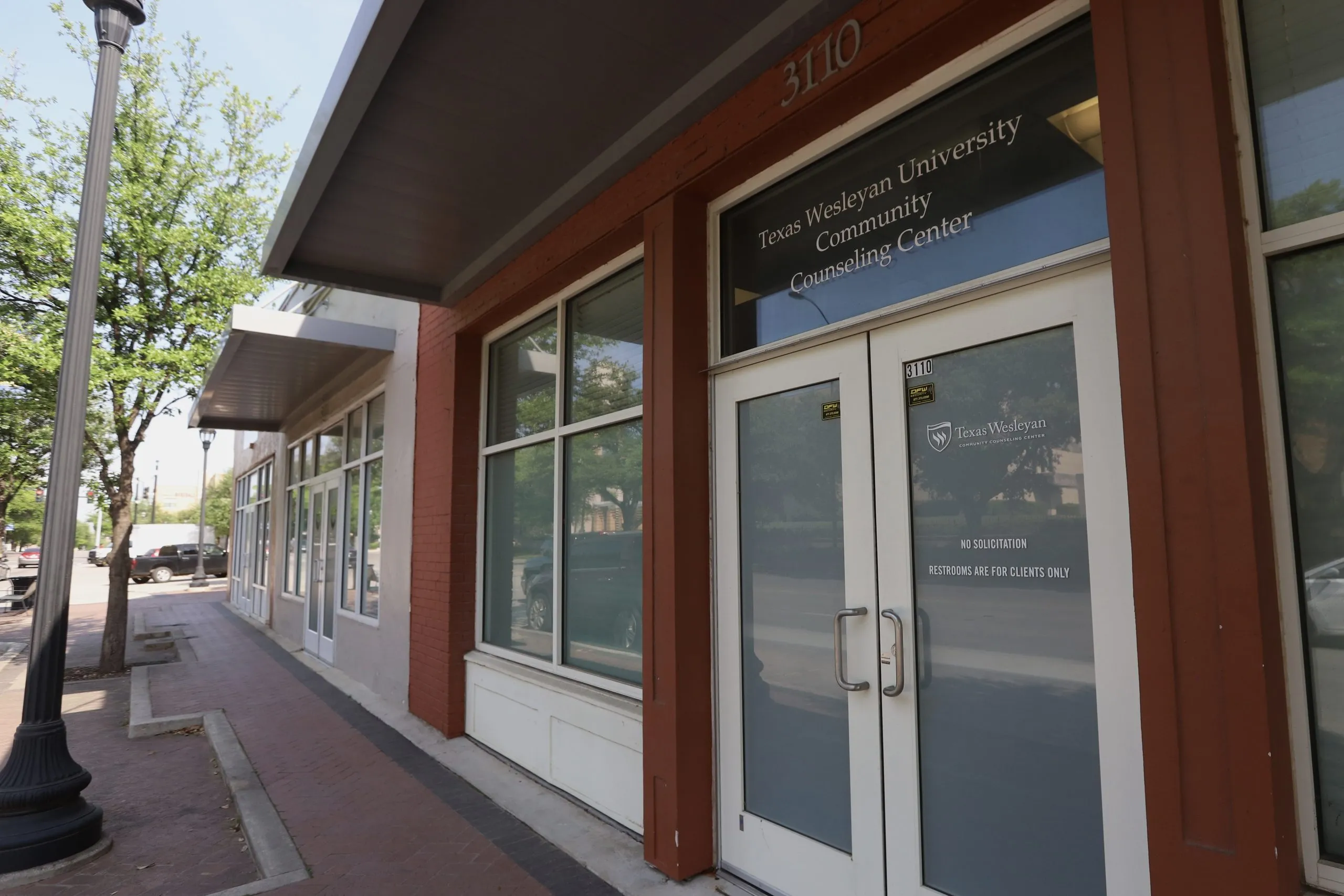Tennessee is actively working to increase the number of mental health professionals in its rural school districts through a program called Project RAISE (Rural Access to Interventions in School Environments). More than half of the 93 rural school districts in Tennessee lack a full-time psychologist or social worker, which has led to significant challenges in addressing the mental health needs of students.
Angela Jackson, director of special education for Hawkins County Schools in East Tennessee, emphasizes the urgency of the issue. “We’ve had one school psychologist for the past five years,” she stated, highlighting that her district serves approximately 6,200 students, including over 1,000 with special needs. The limited availability of the psychologist forced the district to arrange after-hours work for her to manage the caseload effectively. However, with the support from Project RAISE, there have been marked improvements in mental health resource availability.
The initiative, launched by April Ebbinger of the Tennessee Department of Education, aims to ensure that every rural school district has at least one counselor, psychologist, and social worker. Research shows that rural students often face barriers such as long travel distances to mental health services and extended wait times for appointments. Many may have to wait months to see a mental health professional.
Compounding these issues is the low pay for school counselors in Tennessee, which is particularly problematic in rural areas where salaries cannot compete with those in urban districts. To combat this, Project RAISE offers internships in school psychology, counseling, and social work with stipends of up to $60,000 for a two-year commitment in rural schools. This financial incentive aims to attract and retain mental health professionals in underserved areas.
As of now, Project RAISE has successfully placed professionals in around 60 counties across Tennessee. Connie White, a program coordinator at the University of Tennessee, Knoxville, involved in the project, pointed out the vital functions of school mental health professionals, including treatment delivery, referrals, testing, and training teachers to identify students at risk.
Funding for Project RAISE comes from federal grants and is a collaborative effort between the Tennessee Department of Education and the University of Tennessee, Knoxville’s Center for Learning, Education, and Employment. Although recent cuts of $1 billion to federal grants for hiring mental health professionals have raised concerns, Project RAISE has maintained its funding, underscoring its importance in supporting rural students.
White expressed concern over the impact of funding cuts on rural children, stating, “It makes Project RAISE and other existing programs that much more critical.” The project aims to bridge the gap in mental health resources and improve access for students in rural communities, ultimately fostering better educational outcomes and student well-being.


